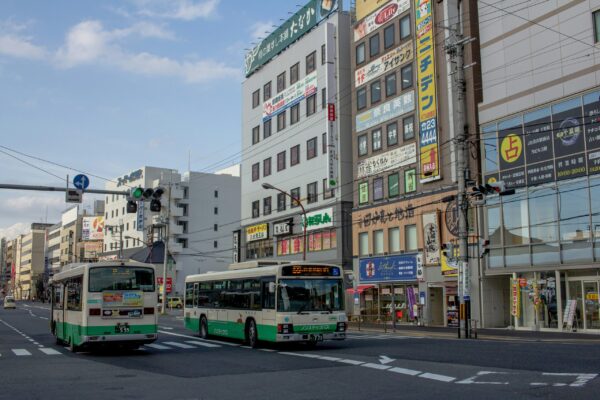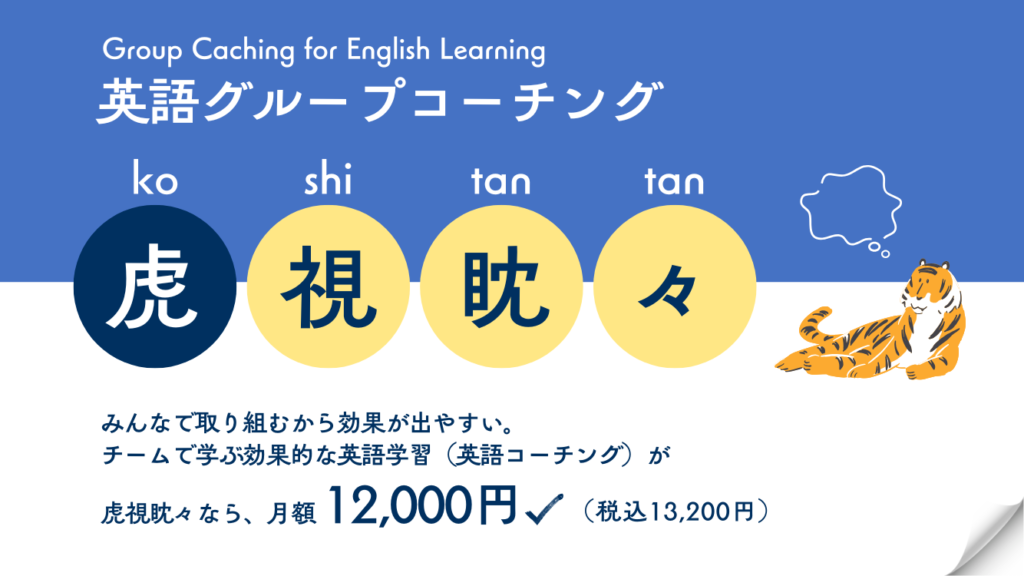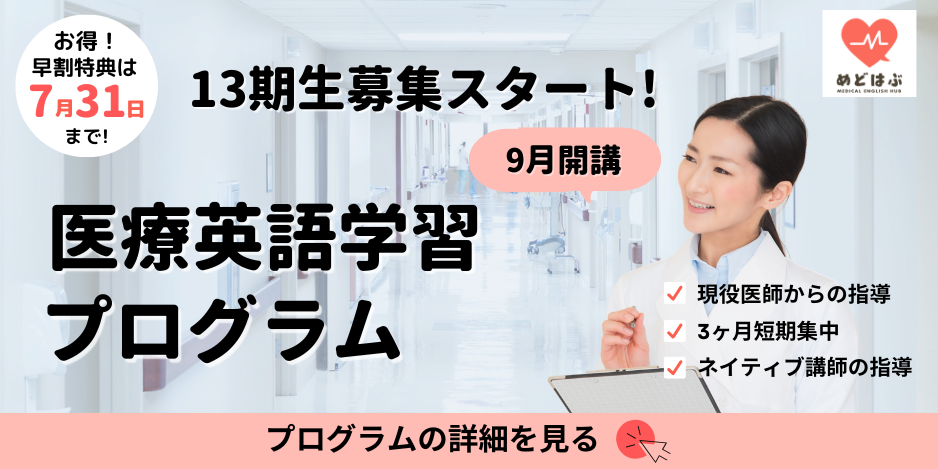
I think that this is quite an interesting question, and it really depends on really where in Japan the question is being asked. If you consider big urban areas such as Tokyo, Nagoya, Sapporo and Osaka, there really is very little room for improvements in transportation. However, when the question comes to the Japanese countryside, in which a very large percentage of the population is elderly, there is definitely room for improvement.
Before I moved to Tokyo, I lived for roughly three years in Fukushima Prefecture, which is quite rural compared to a big city. It is very easy for me to recall how different my life was there in regard to transportation and getting around as it compares to now. Now in Tokyo, there are so many transportation options that people can use to get from point a to point b: buses, trains, subways, taxis, etc. When I was living in Fukushima, I had to do a lot more walking to get to wherever I wanted to go compared to my current life here in Tokyo. They did have a bus system in the city where I lived but often the waiting time in-between buses was quite long and inconvenient. In addition, there were occasionally some places that I wanted to go which did not have a bus stop nearby. Experiencing this situation for the better part of a year is what forced me to go to the local driving school in Fukushima and get my Japanese driving license. I remember exactly my feeling at the time. I was leaving a shopping mall where I had been shopping. Unfortunately, I realized that I had missed the last bus home. I then had to walk back home for almost two hours in quite cold weather, and that's when I thought, ‘That's it, I'm going to get a license to drive a car.’
When I think back on my life in Fukushima Prefecture, I often consider what it must be like for elderly people to live there. The other passengers with me on the buses in Fukushima were often quite elderly, yet I was always impressed with how they would take the bus day-in and day-out to wherever it was they were going and then quite briskly walk the remaining distance from whatever stop they got off at. Japan has also recently made the rules for senior drivers a little bit stricter when renewing their driver's licenses, such as having to retake a driving test, as well as more challenging eye exams and mental acuity tests. As mental acuity tends to decline naturally as people get older, there are also bonuses for elderly drivers who voluntarily give up their driving licenses such as reduced or free transportation, shopping discounts and so on.
In light of these realities, if there are any specific points of transportation in Japan which need to be improved, I think it is with helping out elderly people, specifically with easy, convenient access to transportation, and this is especially necessary in the countryside.
Luis
Vocabraly
from point a to point b (idiom) - from one place to another
day-in and day-out (idiom) - every day for a long period of time
briskly (adverb) - quickly
mental acuity (noun) - a person's mental ability, such as memory and how quickly they are able to make decisions
in light of (idiom) - because of
英語学習をフルサポート!
マンツーマン&コーチングの英会話教室
























